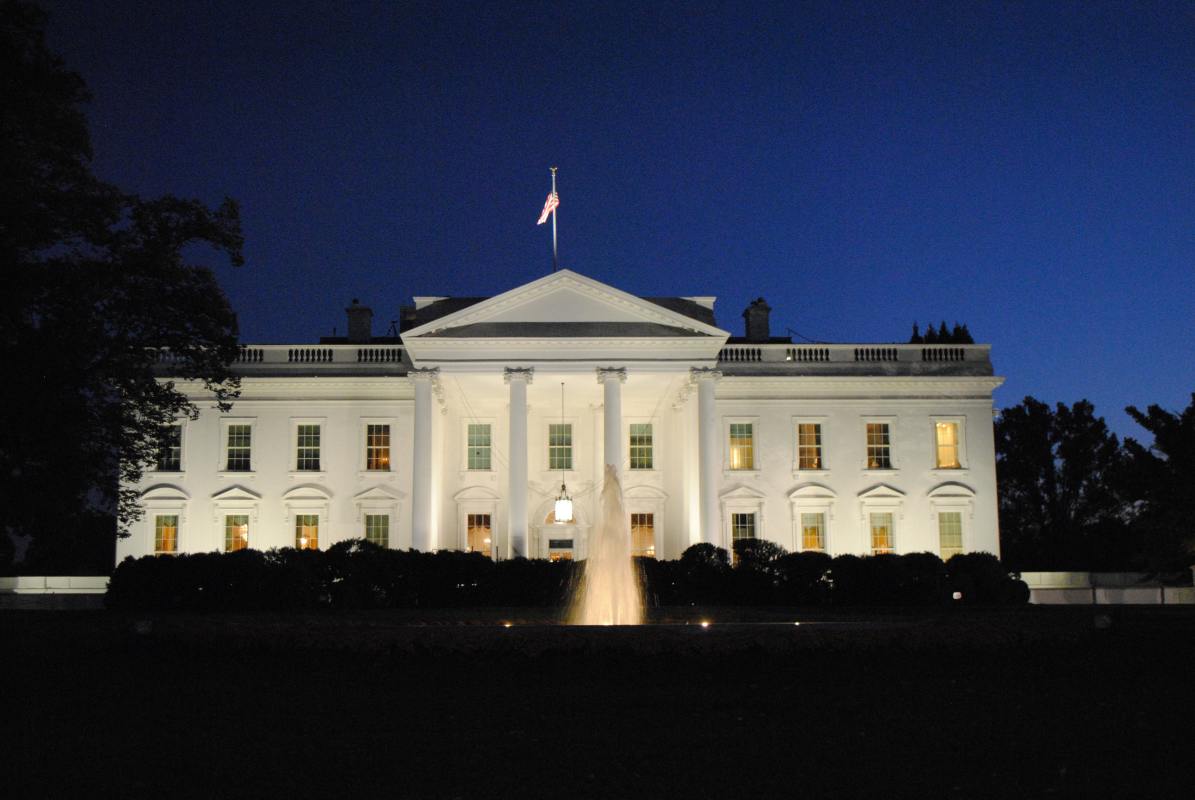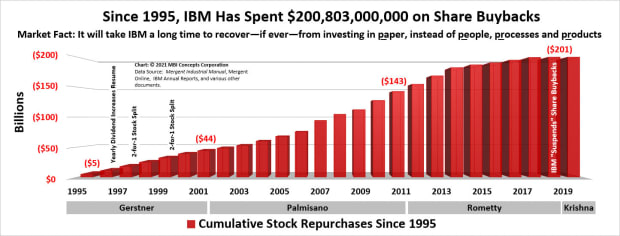Dutch Central Bank to Supervise Crypto Companies
De Nederlandsche Bank (DNB), the central bank of the Netherlands, has announced that private firms catering to the cryptocurrency community in the region will soon come under its direct supervision.
The DNB’s exact relationship to the Dutch government is somewhat complicated. Founded in 1818 as a private corporation, the DNB is directly owned by shareholders, with the actual shares themselves purchased on the stock market rather than issued to specific individuals. Nevertheless, as part of the series of agreements that keeps the European Union’s overall economy running, the DNB is an important member of the European System of Central Banks, which is a core asset of governmental financial policy across the continent.
In other words, any new policy on cryptocurrency endorsed by the DNB is not necessarily an indicator of the Dutch government’s future stances on Bitcoin, but there is a strong correlation. This seems especially relevant, as the Dutch state has treated the cryptocurrency community with suspicion and has taken a cautious outlook for several years.
On September 3, 2019, the DNB announced that by January 2020, all “firms offering services for the exchange between virtual money (cryptos) and regular money, and crypto wallet providers” will find themselves beholden to the DNB’s direct supervision. The bank invited these firms to get into contact with the DNB now to help ensure a smooth transition to full compliance.
What This Means for Crypto Companies
For any cryptocurrency exchange, wallet provider or similar business operating in the Netherlands, registration with the DNB will now be mandatory. This will involve a background check on board members and major shareholders, as well as an investigation into whether or not these actors are performing effectively at keeping money launderers and international terrorists off their platforms. After these hurdles have been cleared to the DNB’s satisfaction, the businesses will be able to run more or less normally, with the bank’s ongoing supervision.
Reflecting the unique relationship between national governments, private corporations and greater EU public initiatives, the DNB is not exactly taking on this responsibility under its own initiative.
The supervision will include compliance with the 5th Anti-Money Laundering Directive (AMLD5) — a risk assessment carried out in mid-2018 on behalf of the European Commission, an organ of the EU. By July 2019, the Dutch House of Representatives formally moved to adopt the recommendations of the AMLD5, and has now led the DNB to issue a timetable for private firms to comply with this move.
Ideally, the private crypto firms of the Netherlands should be able to meet these new requirements smoothly within the timetable provided. Still, this system of collaboration in which multiple disparate bodies lay down such regulations together might prove troublesome in the future, should either the EU or member state governments of private banks like this one grow more hostile in their outlook on Bitcoin.
The post Dutch Central Bank to Supervise Crypto Companies appeared first on Bitcoin Magazine.









